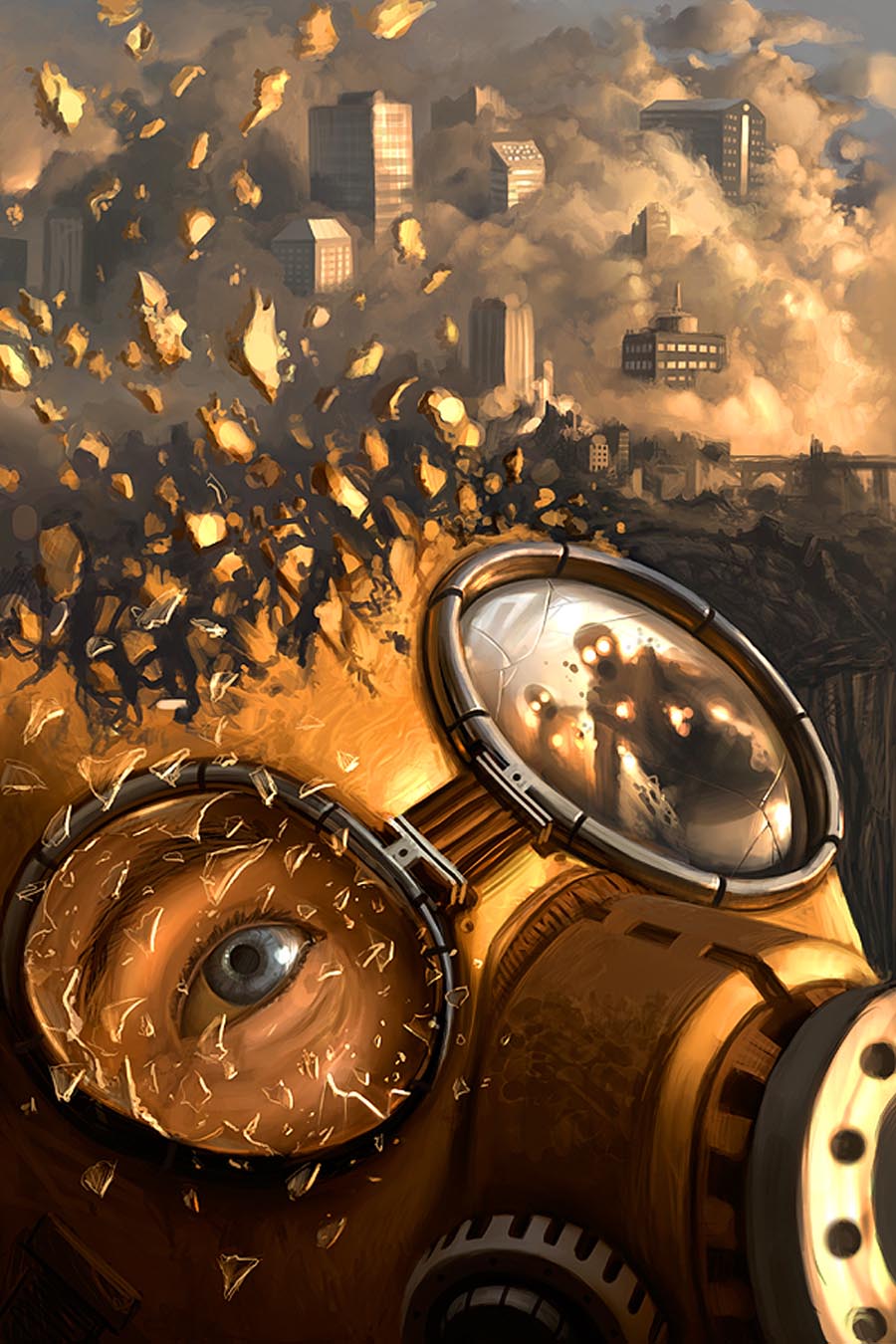tiistai 20. elokuuta 2013
LOPUN AIKOJA HEKUMOIVA NARSISMI
Linkki artikkelíin "The Comforts of the Apocalypse".
All of this literature is the product of what the philosopher John Gray has described as "a culture transfixed by the spectacle of its own fragility." Call it dystopian narcissism: the conviction that our anxieties are uniquely awful; that the crises of our age will be the ones that finally do civilization in; that we are privileged to witness the beginning of the end.
Of course, today's dystopian writers didn't invent the ills they decry: Our wounds are real. But there is also a neurotic way of picking at a wound, of catastrophizing, of visualizing the day the wounded limb turns gangrenous and falls off. It's this hunger for crisis, the need to assign our problems world-transforming import, that separates dystopian narcissism from constructive polemic. And this hunger, too, has its origins in a religious impulse, in particular, the impulse called "typology."
Kant's age was more optimistic than ours, and he assumed that a plan meant a story of progress. But in a pinch, a story of regress will still serve a similar, consoling end: The immensity of the future becomes friendlier, more human-sized, when we assume that it has a bearing. And even dystopias reassure us that history moves in a discernible direction, a genuine arc of the universe unfolding through knowable rules.
Tilaa:
Lähetä kommentteja (Atom)

Ei kommentteja:
Lähetä kommentti